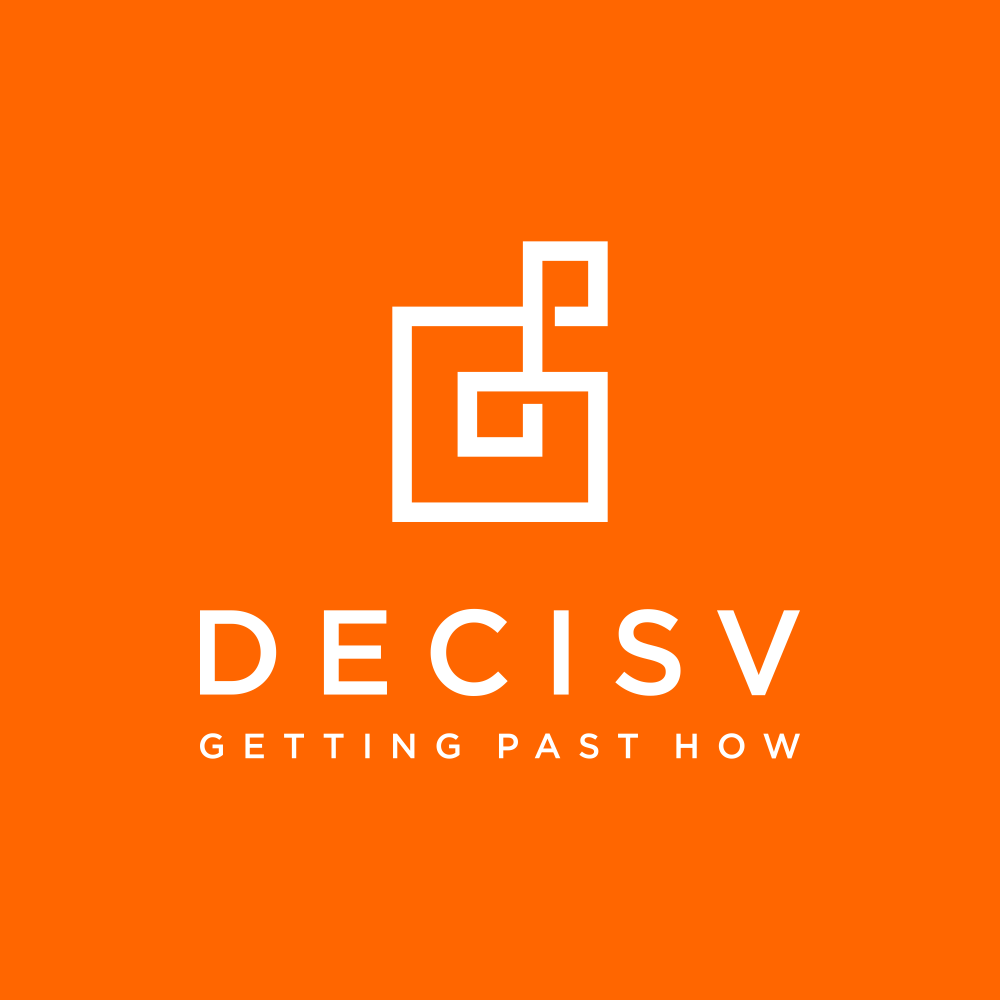Assumptions Are Bad for Business

This next series of posts will develop my thinking around the importance of business theory. Investing time in business theory isn't necessary if you’re not taking responsibility for making something important happen. The focus of this blog is on the world and experiences of those people who are masked by the leader vs manager debate. I denote these people by the place holder [.] which I’ll use until a better word comes along.
Business is an exercise in coming to terms with the growth of complex adaptive systems over time and under conditions of significant uncertainty. The scope of what's possible for a business is wide indeed. This is because business is one of the great expressions of human creativity, vision and construction. But with this scope comes few details. Much of what we have we need to make up. This is why I hold that business is creative. Every business professional operates under the guidance of a theory. They just may not (a) realize it and (b) realize they have a choice as to what it is.
Much of what business professionals use to describe their world are abstractions that suffer to greater or lesser degrees from inaccuracy. One of the gifts of the GFC was it allowed us to question the central tenets of mainstream economics. We had one of those rare historical opportunities to lift the veil on a set of ideas that we’d accepted without challenge for so long they felt immutable. The gift wasn't that we saw through this particular set of abstractions. It was that we saw the influence of abstractions and had a chance to recognize we have a choice about what abstractions we use.
This is why the [.] needs a guiding theory of business, one that they engage with on their own terms and actively sort through in an attempt to impose their will on the world.
What we assume to be true play a special role here. An assumption is a statement we treat as true, regardless of whether it is true. I see people go through two stages when it comes to assumptions. The first is when they become aware of assumptions and then, confronted with the sheer complexity of the world, pick and choose which assumptions they accept. The second is where they recognize that assumptions lead towards point estimates and that, when dealing with uncertainty, the wiser road is to start assessing ranges of likelihood.
During the first phase people tend to start with the conjectures favoured by the HIPPO (highest paid persons opinion). Increasingly that has become unsatisfactory, especially for the HIPPO who wonders why they aren't getting better advice. They then move towards decision making by consensus, which does fairly well for a time until people realize that compromise doesn’t yield breakthrough strategy. The final stage is where they turn to various specialists to do their thinking for them. This might be the consultant of the moment or, as is common now, someone who has Big Data on their CV.
The threshold moment is where people come to grips with the recognition that all these external solutions are insufficient to the problem at hand. This is when they begin the journey of questioning everything. Not everyone gets to this point. But once you do you've started along the road of becoming a [.]. This is when they start actively sorting what goes into their mind and choosing how to explain what’s going on. They start forming a theory of business and confront the vast scope of possibility that impacts on what they want to see in the world.
Because the scope of what’s possible is so great the challenge becomes understanding how to highlight or reject possibilities. This is where doctrine makes many of our choices for us without us being aware. How we frame a situation will shape our responses to that situation. What we believe to be true about business will preconfigure our choices about what is appropriate.
This is another reason why having a theory of business is important. It makes us engage actively rather than ride along passively. Until we actively chose the guiding basis of what to highlight or reject we aren't likely to achieve genuine influence over events. This isn't a problem for people comfortable with the status quo but is for those of us who are seeking to find the best way forward.
So what is to be done? The highly specific is likely to be inaccurate and the broadly general allows for anything to be accurate. We need something in the middle that avoids problems associated with the two extremes. We want to get into the habit of formulating a theory of business that generates enough options to be useful without generating so many that anything becomes applicable.
We’re looking for a way to come up with several different ways to explain the world, where each explanation is independent of each other. This means building tolerance for ambiguity in what we do. Being able to maintain different ways of looking at the passage of our business over time can be hard on the brain, but it’s better than the comfort of ignorance.
This may seem utter folly to some. This is because we’re all wired towards causality and consistency. We like it when our business model canvas looks nice and coherent. We like it when we’re able to say what something ‘is’. We like it when we've got the ‘answer’. Constant reformulation, questioning and leaving explanations open for debate makes life and business messy. I hate it as much as the next person.
But I'm not so conceited to think that any ‘answer’ I provide as to what my business is and what it should be will proceed faithfully into the future unchanged. Each success I have changes the timeline and possibility set. If I don’t keep checking in on how I'm explaining things, I increase the likelihood of a painful and enforced correction. In order to have a hope of attaining agency in what I do I need a means to impose my will onto events in a manner that is structured and adjustable. This means I need to put time into formulating a theory of business.



